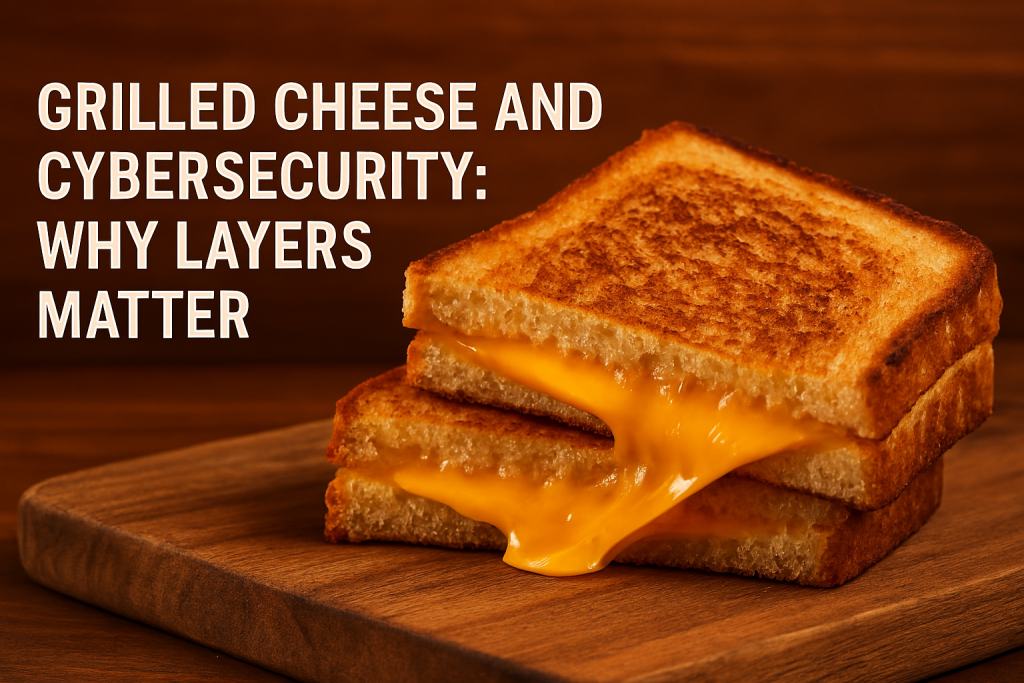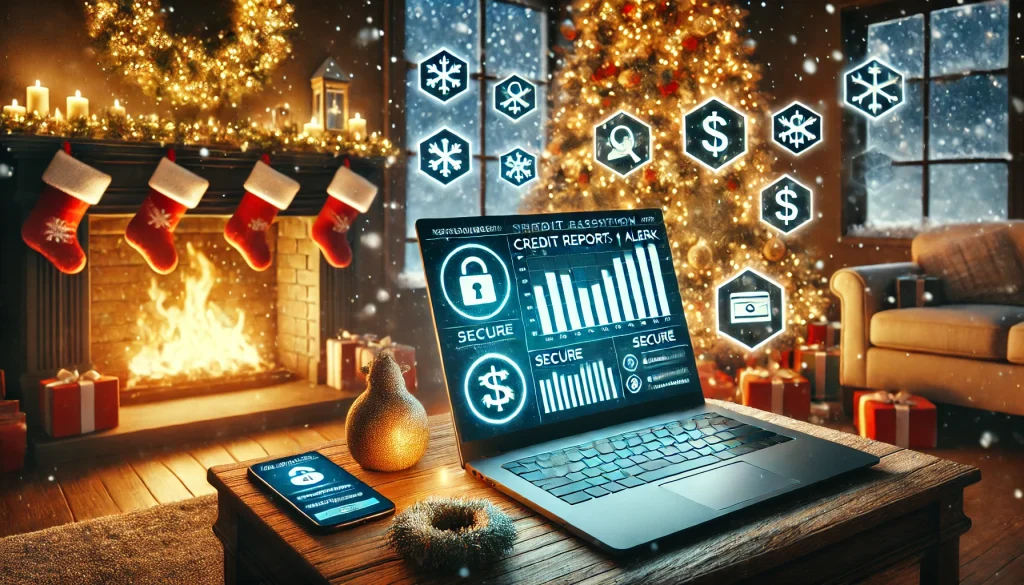Grilled Cheese and Cybersecurity: Why Layers Matter
April 12, 2025 – National Grilled Cheese Day Today is National Grilled Cheese Day, and while most people are focused on melted cheddar and crispy sourdough, we at Penetra Cybersecurity are thinking about something just as satisfying: layers—in sandwiches and in security. Just like a great grilled cheese, strong cybersecurity relies on having the right […]
Grilled Cheese and Cybersecurity: Why Layers Matter Read More »










